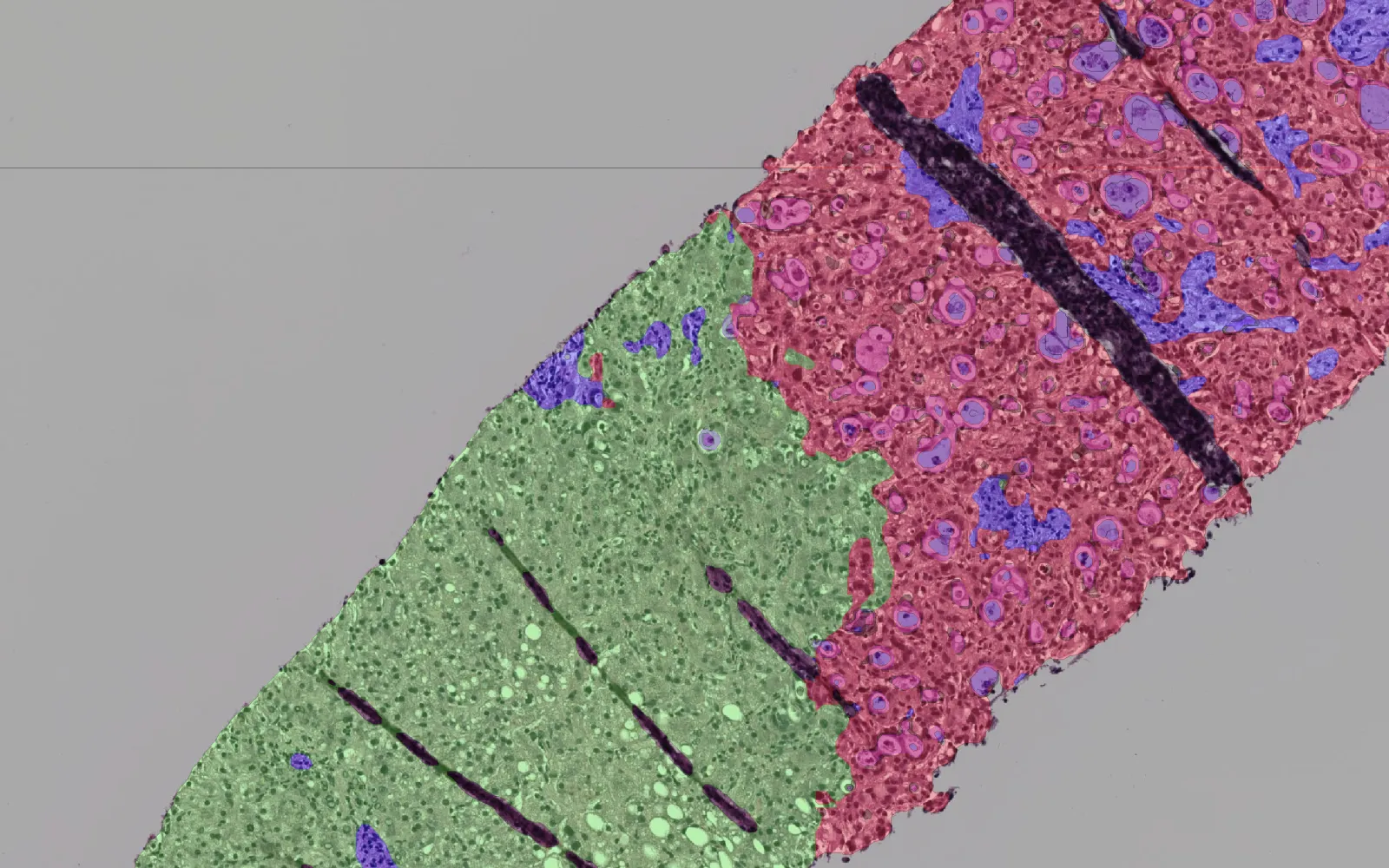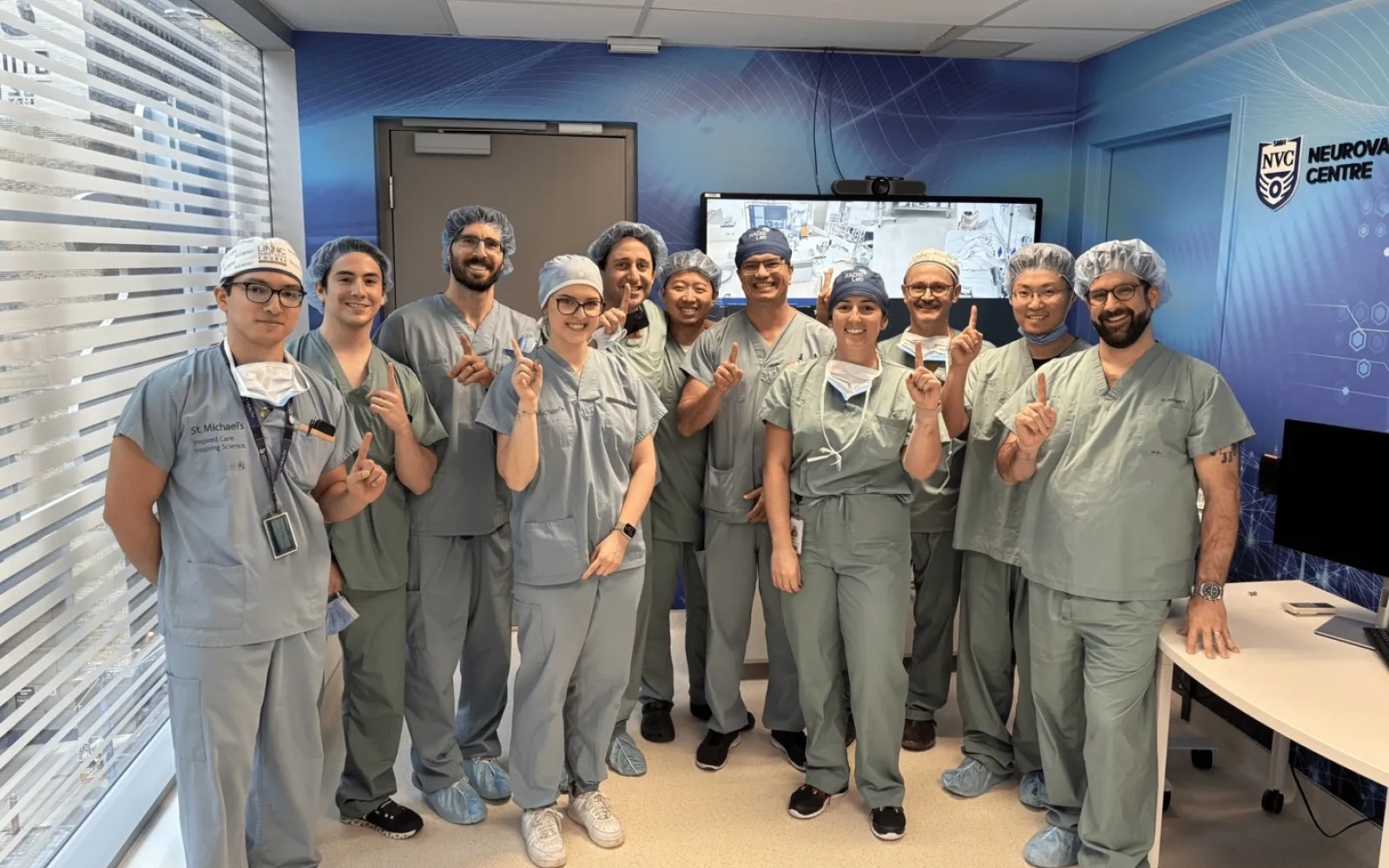

Caption Health
Helping non-specialists deliver echocardiograms in any setting
Current advances in Artificial Intelligence (AI) are poised to redesign healthcare for the better — for patients, physicians, and even the medical device industry. Medical devices could see tremendous benefits from applying AI because they are static devices that produce hard-to-read data, which requires significant interpretation time from specialists. Ultrasound, in particular, one of the most widely used diagnostic technologies in medicine, presents an ideal application for Deep Learning (a subset of AI particularly good at handling image data) because of the high volume of nuanced structural information produced in every reading. Enter Bay Labs.
DCVC invested in Bay Labs because it unites our focus on applied machine learning with the potential for fundamental change in medicine. Bay Labs’ model exemplifies our investment strategy, combining AI with a large and continually growing proprietary dataset of images, driven by an elite team with deep industry expertise, uniting experts in medicine and AI.
Diagnostic ultrasound, also called sonography, uses high-frequency sound waves to produce images of structures within your body. The images provide valuable information for diagnosing and treating a variety of conditions. While ultrasound is most commonly associated with prenatal health, it also has many other important applications, such as in the evaluation of many cancers, glands, the gallbladder, and many others.
In the cardiovascular space, ultrasound measures the size and shape of the heart, detects pumping capacity, identifies the location and extent of any tissue damage, and detects the function and health of heart valves and chambers. A highly specialized physician, an echocardiologist, administers the exam, often supported by a specialized technician, the sonographer. With the prevalence of new, increasingly specialized medical procedures, the demands on their time have increased, as has the granularity of the information they must glean from images.
San Francisco-based Bay Labs was founded to overcome these challenges. It uniquely applies AI to imaging so medical professionals can perform and interpret high-quality echocardiography quickly to get crucial information about the heart’s function and more effectively make treatment decisions. Because of its potential impact on medicine, Data Collective is excited to play a significant role in Bay Labs’ Series A.
While currently the technology is for investigational use only and not yet for sale, early signs from researchers are encouraging.
Bay Labs uses AI and access to a library of more than 40 million labeled videos to deliver consistent, high quality images at the point of care — getting even better over time with the addition of more images. The technology can also guide operators to accurately position the ultrasound probe, critical for capturing the image correctly. Finally, Bay Labs provides critical information at the point of care which is challenging to obtain today — such as the precise dimensions of the heart valves and even the volume of blood the heart chambers are pumping — allowing them to make more informed, more timely decisions. Patients benefit from expeditious treatment, and hospitals benefit from efficient, portable devices that can be applied to a broad patient population.
Historically, parallel advances in technology and the scientific community’s understanding of organ function led to big breakthroughs in care. These innovations were life-saving, and also offset considerable downsides, from an investment point of view: many devices required substantial support at the point of care, with intense, focused training. Over time, however, advances have become more incremental within their current technological scope making devices even more costly to bring to market. The bar for success became higher, coupled with an increasing risk of failure, which made investing in medical diagnostics and devices increasingly difficult and expensive.
However, AI has the potential to transform a medical device like an ultrasound system into an intelligent technology for physicians to be able to more proactively treat patients. Ultrasound, enriched with AI from Bay Labs, could potentially be transformed from a necessary, albeit constrained, imaging technology into a vital source of specific, diverse data points from which a doctor can assess human health. The resultant change could make investing in an AI-driven medical device technology produce higher returns than what the industry sees today from conventional devices that don’t leverage computational approaches.
Bay Labs integrates excellence in AI with excellence in medicine by working with leaders in the physician community — including leading physicians and sonographers. Bay Labs’ Chief Medical Officer, Dr. Randy Martin, is a world-renowned echocardiologist who has built a group of advisors to the company from some of the world’s leading cardiovascular institutions, such as Duke, The Minneapolis Heart Institute, Northwestern, and Stanford.
Bay Labs envisions making ultrasound an even more powerful tool for physicians. Imagine if, instead of waiting for a cardiovascular condition to damage your heart, your doctor could work proactively by performing a precise diagnostic exam, giving you a complete prognosis of your heart’s health. Armed with critical data at the point of care, he or she could then develop a plan to make sure you stay healthy.
DCVC believes that with AI, medical devices can become more intelligent, going beyond tools for specific patient procedures, but also critical to assessing overall patient health with precise, vital information when they need it most — at the point of care. We are excited to support Bay Labs and the growing endorsement it’s enjoying from the physician community!




